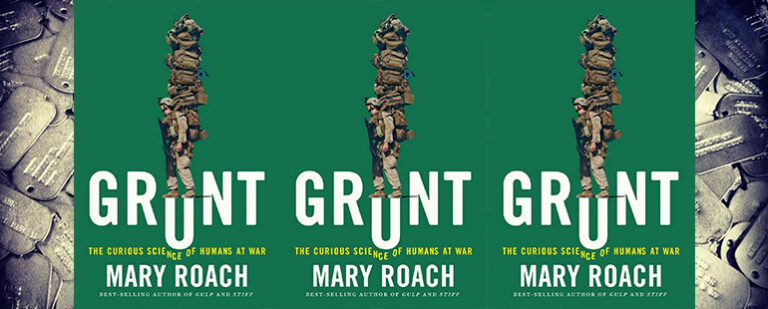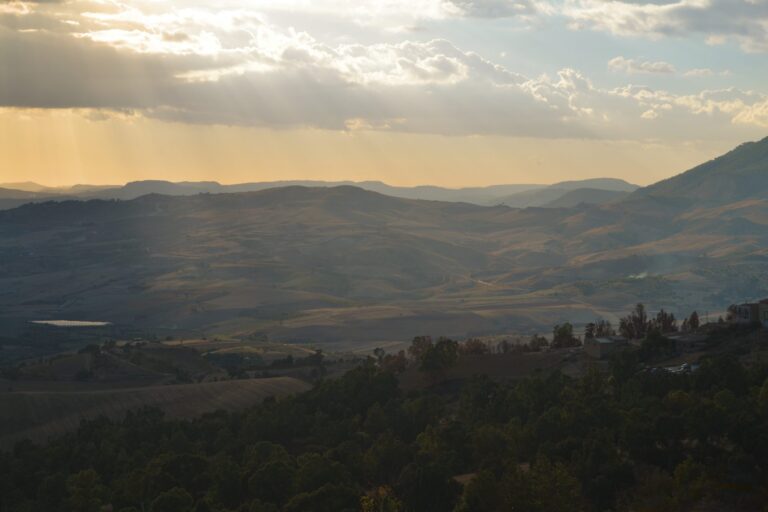“Free Ploughshares” Review: Spring 1997
Issue: Spring 1997
This is a review of a back issue of Ploughshares. The author won our “Free Ploughshares” contest that we hosted earlier this year and agreed to review his/her free issue. This post was written by Mary Stone Dockery. Enjoy!
In the Spring 1997 issue of Ploughshares, guest editor Yusef Komunyakaa says, “Many of the stories and poems in this issue seem to exist in two or more places simultaneously, and a narrator or speaker is forced to negotiate multiple worlds.” I was humbled by this observation and soon realized that it was a thoughtful and fitting design for this particular issue. I found that each piece works diligently to thrust the reader into various colorful worlds, while each piece also creates its own world, reflecting a search for identity filtered through themes of mythology and place, history and war.
I was especially drawn to this poem-heavy issue’s exploration into the effects of place on identity. In “Ragcutter’s Heaven” by Cecile Goding, the setting literally moves us from place to place and through time, creating multiple worlds. We begin in South Carolina in 1915 and end up in New York in 1944. The piece is understated and soft, yet asks us to re-see history: “Silence is back in a railroad town / setting pins at the bowling alley. / Silence totes palette and paints / for Hawthorn’s Open-Air Life.” The speaker explores silence’s effect on others and on her own identity: “there’s something to be said for silence / that silence is not saying.” The understatement is gripping, the silence loud. “Touch the Blues” by James Bertolino uses the word “blues” much like silence is used in “Ragcutter’s Heaven,” re-purposing a common definition of “blues” in order to bring the reader closer to a particular history. Both poems situate us in different worlds, asking us to think about the effects of war and other histories on personal and social identity.
In “Night Train” by Gil Jose Duran, the setting brings us to Japan. In “Waiting to Wake up Francaise” by Jennifer Grotz, we get to see some of France. But, while these poems place us literally in different settings across the globe, I also felt that these poems remained intimate and personal, often wrapped within the spaces of a home, like in the poem “Distance” by Priscilla Lee: “One night: gunshots and glass outside; another woman’s bra on the edge of your bed. I ask if you love me.” This poem explores the distance that can simmer between two people who are sitting right next to each other. The descriptions of place outside of the home reflect the turbulence of the relationship. Her poem “Wisdom” also struck me as profound, also existing internally and externally both at the same time: “The woman walks miles, asking / house to house until there are no more houses. She lays / her child’s body in a grove of trees, returns to Buddha.” In these poems, places shift and reflect intricate inner troubles of a speaker grasping for the multifaceted and fragmented aspects of identity.
In Jennifer Richter’s “Preparation for a Burial” we remain in a seemingly intimate place, but it is filtered through mythology:
because now that you have had me, oh fisherman
you would like me bellied in a bluefin,
packed in satin and displayed for days, three days
the soul waits with the body before wandering.
This fisherman is a repeated trope in the issue—we also see the fisherman in the first story, which sets a tone of mythology and folklore, in “from In the Garden of Papa Santuzzu” by Tony Ardizzone. By separating the soul from the body, the body becomes a space of its own and an object, all at once. The soul here, symbolic for what we think of as our identity, does not know how to function without the body. This mind/body dichotomy appears throughout the issue. For example, “Invisible Dreams” by Toi Derricotte, is an ultimate struggle of the self within or against the self: “But / all night, I am passing / in and out of my body / on my naked feet.”
Some pieces blur worlds by not fitting into any particular genre, like the hybrid piece by Barbara Tran, “from Rosary,” which includes both verse and prose sections, each one with its own subtitle, creating a powerful narrative that asks you to re-think traditional functions of story. In fact, a piece like this does just what the forward claims and helps to create a “fractured design.” George Evans’ “from Earth Mirror” also works with form to replicate a multiple world feeling. In this one, we only get two sections, and it begins with the eighth one, so we are already left out of something. Then, the author moves speaks directly to an unidentified “you” in the piece, asking the reader to participate, to come closer. The piece remains ambiguous and asks us to consider that the you and the I are fragmented selves of a larger self.
This particular issue achieves its goal of creating multiple worlds and of weaving its readers through these worlds with an air of sensitivity toward our relationships with environment, topography, country, and history. I found myself drawn to the weight of war and the ability for humans to overcome and reflect, all the while maintaining a provocative motivation to search for identity and for understanding. These themes, filtered through the guest editor, create a particularly striking sampling of Ploughshares, one in which we will be capable of returning to over and over again to gain insight into a universal experience of searching for a connection to our many places, to the many worlds we work to create.
Mary Stone Dockery’s poetry and prose is forthcoming in Gargoyle, South Dakota Review, Weave Magazine, and has appeared in many other fine journals. Her chapbook Aching Buttons will be released in 2012 by Dancing Girl Press. She is the co-founding editor of Stone Highway Review, works with Portal del Sol, and co-edits Blue Island Review. She currently lives in Lawrence, KS, where she will receive her MFA from the University of Kansas in 2012.


